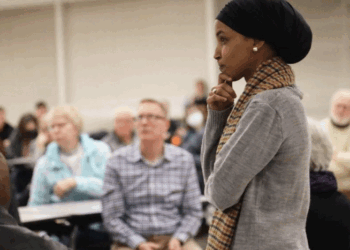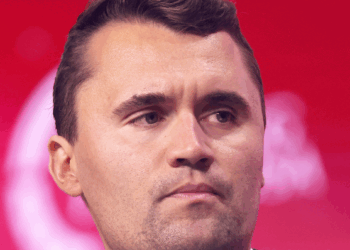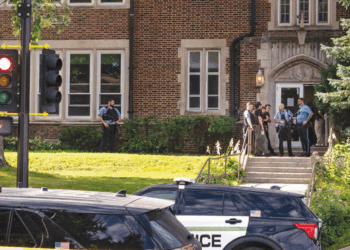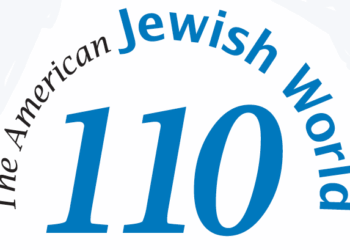As an idealistic young teenager, I got involved in the Civil Rights movement by selling brotherhood buttons (depicting a black and white handshake) to benefit the Student Nonviolent Coordinating Committee (SNCC). My activism continued through the turbulent 1960s, and in my senior year of high school, I traveled by chartered bus from the U of M to Milwaukee, and participated in open housing marches led by the charismatic Catholic priest James Groppi. We slept in the basement of the parish church, St. Boniface, which had a predominantly African-American congregation. The street protests, which were closely monitored by Milwaukee’s finest, were raucous and energizing.
During high school I also wrote for an “underground” newspaper, penning satires and political commentaries. (I’ve come a long way.) At Macalester College, we rebranded our publication as The Pulse, and I did interviews with both counterculture and establishment personalities. In 1969, I wrote an article based on research into the activities of Charles Engelhard, a New Jersey industrialist who had extensive holdings in South Africa. This was during the apartheid regime, and I saw Engelhard as profiting from the misery of black South Africans, who were officially denied civil rights. It was a situation analogous to the Jim Crow era in the American South.
As it happened, Engelhard contributed $25,000 to an endowed chair in international studies, which was named in honor of Hubert H. Humphrey. My story in The Pulse reported on the dire situation of mine workers in South Africa, and Engelhard’s control of a mining and metals conglomerate there. I argued that Macalester should return his donation, so as not to be complicit in the exploitation and repression of South African workers. I recall that the Minneapolis Star reported on the controversy, after I brought a resolution before the student government body, the Community Council.
However, my fellow students did not endorse my divestment proposal, which urged Macalester President Arthur Fleming to send back Engelhard’s money. A report in the Feb. 21, 1969, edition of the student newspaper, The Mac Weekly (which I edited the following fall), noted that my resolution failed on an 11 to 6 vote. I recall feeling greatly disappointed that my peers did not rise to this moral question. In fact, I was well in front of the South African disinvestment campaign on U.S. campuses, which took hold in 1977, at Michigan State University and Stanford University.
I don’t know if those struggling against apartheid in South Africa were aware of my solidarity efforts in the American Midwest back then. With the death of Nelson Mandela on Dec. 5, I thought about the Engelhard affair, and my more recent meetings with notable Jewish South Africans, Albie Sachs and Richard Goldstone, when they visited the Twin Cities. Both men served as justices on South Africa’s Constitutional Court, that nation’s equivalent of the Supreme Court. Sachs became a leader in the freedom movement; and, while living in exile in Mozambique, he suffered serious injuries in a car bombing perpetrated by South African government agents. He later would help write the constitution for the new free South Africa.
In a recent edition of the Forward, Goldstone wrote about the South African Jewish community’s love and respect for Nelson Mandela. However, Goldstone commented that until Mandela “became the first democratically elected president of South Africa, he had had no formal relationship with its organized Jewish community. That was because the formal structures of the community had not taken any firm public steps to oppose apartheid.”
Goldstone noted that, in the apartheid era, “there were nonobservant Jews who assumed leadership roles in the South African Communist Party and who were among the few white South Africans who treated their fellow blacks with dignity and as equals. In consequence, many of them paid the price of social ostracism, imprisonment and exile. Among a number of them were Solly Sachs (the father of Justice Albie Sachs); Albie Sachs himself; Joe Slovo, who subsequently became minister of housing in President Mandela’s Cabinet, and Gill Marcus (whose father had been, for many years, the London bookkeeper of the exiled African National Congress), who became a deputy minister of finance in the Mandela Cabinet and is today the governor of the South African Reserve Bank.”
In addition, when Mandela went on trial for “treason” in the 1950s and 1960s, his lead defense lawyers were Jews, Israel “Issy“ Maisels and Arthur Chaskalson, according to Goldstone, who added that Mandela appointed Chaskalson to be the first president of South Africa’s new Constitutional Court, in 1994.
Goldstone also wrote: “Mandela’s friendship with Helen Suzman, the leading anti-apartheid member of the South African Parliament for many years, was an intimate and affectionate one.” And then there was Mandela’s “rabbi” — Cyril Harris, “the revered chief rabbi of South Africa from 1987 to 2004. At the joyous induction of Mandela as president in May 1994, Harris delivered a moving address. A close friendship between them developed…”
We should feel pride that some Jewish South Africans rode the freedom train long ago, just as American Jews have been at the forefront of struggles for human uplift. And we will not see the likes of Nelson Mandela again. He was a courageous leader for the oppressed millions of black South Africans, and a steady force for reconciliation in the post-apartheid era. True political leaders like Mandela transcend national borders and become beacons of inspiration for people around the world. His moral force influenced a college student in St. Paul more than 40 years ago. Let’s do what we can to carry on Nelson Mandela’s legacy.
— Mordecai Specktor / editor [at] ajwnews [dot] com
(American Jewish World, 12.20.13)


















